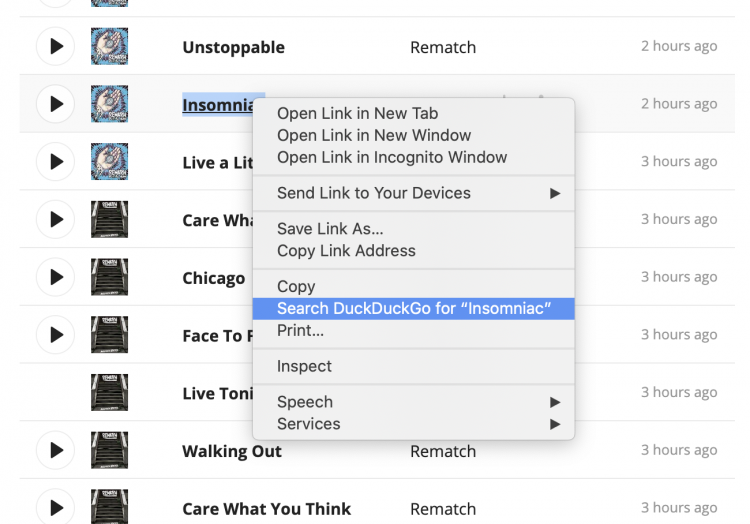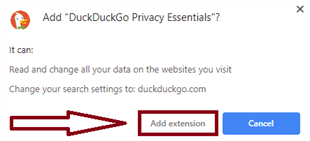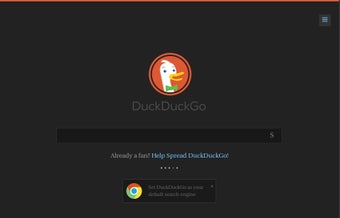

If that makes you uncomfortable, you’ve come to the right place - we’re here to help you find a private browser that respects your privacy! But before listing these alternatives, we need to highlight what’s actually wrong with the world’s most popular browser - used by two-thirds of the world’s netizens. You basically give it to your browser for free, which then passes it on to companies you have no interest in for them to monetize. You can also test the tool on your desktop with the DuckDuckGo Privacy Essentials desktop browser extension for Chrome, Firefox and Safari.Information about what you eat, what you watch, who you text, who you sleep with and where you’re going on vacation has long been a commodity. If you’re interested in trying out DuckDuckGo’s latest privacy tool on your phone, you can download the DuckDuckGo Privacy Browser app for iOS and Android now. The list is also handy for developers wanting to create their own custom block lists and researchers interested in learning more about the tracking universe. This block list can be found built into the DuckDuckGo Privacy Browser mobile apps for iOS and Android as well as the DuckDuckGo Privacy Essentials desktop browser extensions for Chrome, Firefox and Safari. Once Tracker Radar detects a third-party tracker, it is added to DuckDuckGo’s block list.

This includes who owns the tracker, how often it appears, fingerprinting behaviour, cookie behaviour, the company’s privacy policy, rules for specific resources and the website’s performance data to decide when a tracker is being used in a third-party context. The tool collects a range of data related to tracking behaviour through these domains. Related: What is DuckDuckGo and should you be using it? “Since it is owned by Google, which has 479 domains in our data set, this means is being used on sites not owned by Google ~98% of the time”. “For example, we found on 29,758 of the sites in our current survey (68%)”, explains DuckDuckGo on its website.

The tool then cross references that third-party domain with a list of domains owned by the parent entity to determine when that tracker is being used in a third-party context. The tool collects detailed information about the domain as well as data about the parent entity associated with it.

Tracker Radar works by automatically generating a file for every third-party domain you visit. The tool is a combination of tracker blocking, private search and upgraded website encryption and powers the tracker protection in DuckDuckGo’s apps and extensions. Tracker Radar is a browser and extension tool that lets you block ad companies from following you around online, announced DuckDuckGo yesterday. But, how does it work and how do you use it? DuckDuckGo’s latest invention is a privacy tool that lets you take control of who’s tracking you.


 0 kommentar(er)
0 kommentar(er)
